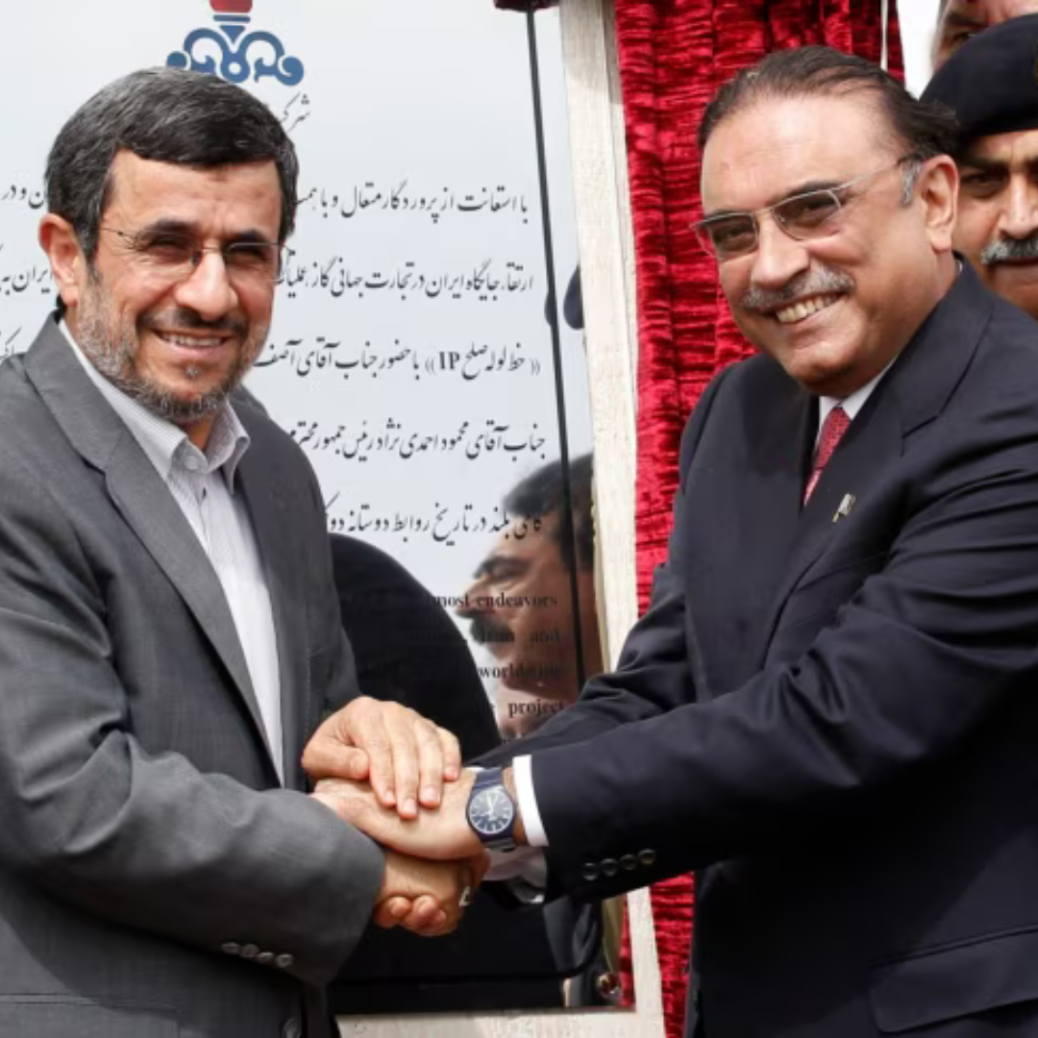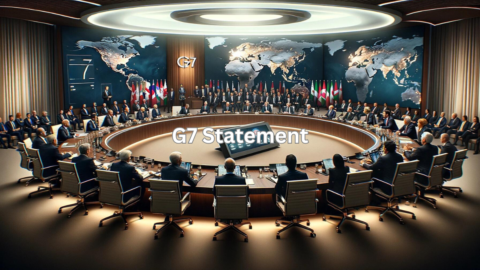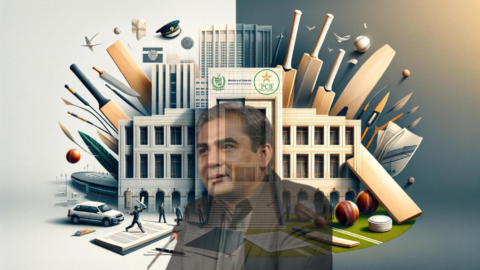Reimagining Energy: Pakistan’s Bold Step Forward with the Iran Gas Pipeline
In a landmark declaration, Islamabad has confidently stated that its plans to import natural gas from Iran, through a pipeline constructed within its borders, do not hinge on approval from the United States.
This assertion came from Mumtaz Zahra Baloch, the spokesperson for Pakistan’s Foreign Ministry, emphasizing that the project operates solely under Pakistani jurisdiction, rendering discussions of U.S. sanctions waivers irrelevant.
This development follows observations by Donald Lu, the U.S. Assistant Secretary of State for South and Central Asia, regarding the anticipated gas conduit linking Iran and Pakistan.
Despite the close watch, Islamabad has not sought any exemptions from U.S. sanctions that could impact its gas trade with Iran, underscoring a move towards self-reliance in energy procurement.
The Genesis and Journey of the Pakistan-Iran Gas Pipeline
Strengthening Ties: The Iran-Pakistan Gas Pipeline Initiative
Discussions to bridge Iran and Pakistan with a gas pipeline began to take shape in the mid-90s, culminating in a definitive Gas Sales and Purchase Agreement by June 2009.
This agreement proposed the delivery of substantial gas volumes from Iran’s South Pars Field to Pakistan, aiming to alleviate Pakistan’s energy shortages. Despite Iran completing its portion of the pipeline early on, Pakistan faced delays, sparking concerns over potential U.S. sanctions linked to Iran’s nuclear activities.
The stakes were raised when Iran threatened legal action over project delays, which could have cost Pakistan nearly $18 billion. In a decisive move, Pakistan’s caretaker government approved the construction of an 80-kilometer pipeline segment from its border to Gwadar, signaling a commitment to the project and a strategic partnership with Iran.
Anticipating the Impact and Overcoming Challenges
Navigating Sanctions: Pakistan’s Path to Energy Security
Despite the absence of a need for a U.S. waiver to construct the pipeline, the purchase of Iranian gas remains a complex issue due to existing sanctions.
Experts suggest that while Pakistan might argue for an exemption, its bargaining power is limited by its current economic predicament and reliance on international financial aid, including potential bailouts from the International Monetary Fund.
Security affairs expert Kamran Bokhari points out the strategic tension between the U.S. and Iran, indicating challenges for Pakistan in securing favorable terms that would also be acceptable to Washington.
Yet, innovative solutions like barter trade have been considered to circumvent financial sanctions, highlighting both countries’ mutual interest in realizing the pipeline project.
Former Pakistan State Oil head, Naeem Yahya Mir, criticizes the bureaucratic hurdles within Pakistan for the delays and suggests that the internal decision-making process, rather than external pressures, has been a significant barrier. Looking forward, the project’s next phases could dramatically expand Pakistan’s energy infrastructure, though funding remains a concern, as highlighted by Donald Lu.
Lu also mentioned ongoing discussions with Pakistan to explore sustainable energy alternatives, reflecting a broader view of the country’s energy future beyond the immediate pipeline project.
For insights into Pakistan’s evolving energy landscape and strategic initiatives, learn more about the Minister of Interior Pakistan. Additionally, for a glimpse into political dynamics and developmental programs, discover more about Maryam Nawaz Sharif.









